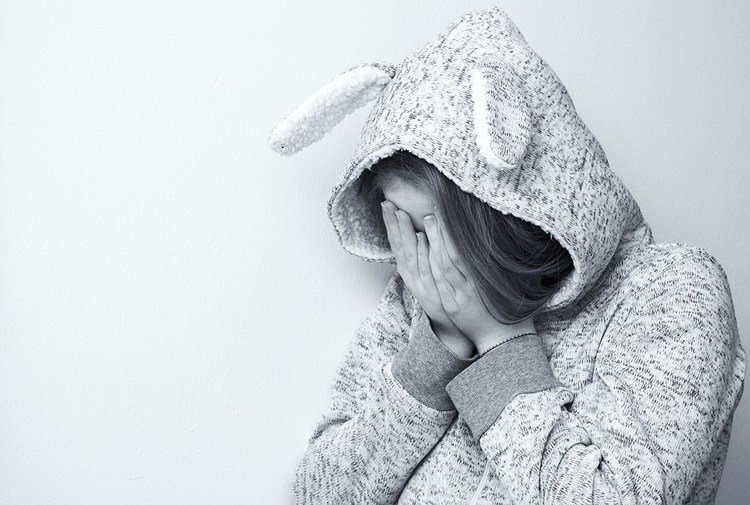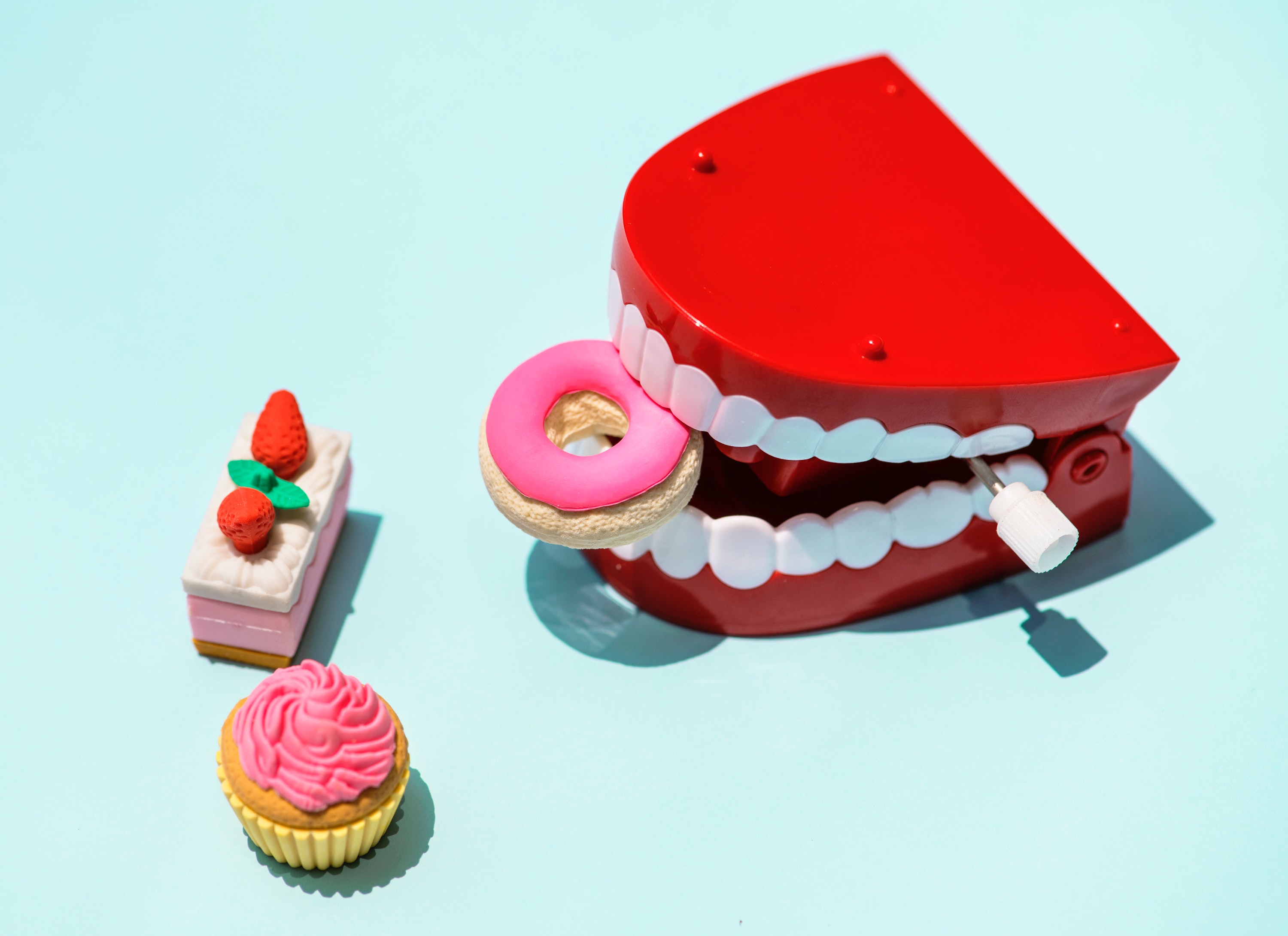When you’re in the depths of an addiction or someone you love is, you don’t know where to turn. It’s a scary, confusing, dark, and overwhelming time for everyone involved.
How do you get help? Where do you get help? Can you afford it? Those are all valid questions. Especially if you don’t know if you can convince your loved one to go to rehab!
All those factors can lead you down a road of what ifs, but there’s only one what if that matters. What if you find the best rehabilitation center?
Then things will start looking up. Get our guide on where to start and what questions to ask here.
What Makes the Best Rehabilitation Center The Best?
We can’t give you one answer, or one center, that’s definitively best. That’s because the right rehabilitation center for your loved one isn’t the same as the right one for someone else.
Some people need a single-gender environment, some need more of a detox, and others need a holistic offering. We’ll get more into what all that means and how to tell what they need below.
Before we analyze them and their needs, don’t take their opinion completely out of the picture. They may be on drugs, but they should get a say in their treatment (except, you know, the sobriety part).
1. Ask A Professional:
If you think your loved one needs treatment for addiction, try to get them to a doctor or a professional. There the doctor can diagnose the specifics of the addiction.
Maybe they’ll run some vitals and decide that your loved one needs a more medically-oriented care setting. Or they can see patterns in their addiction, that the untrained eye can’t.
You can ask your doctor or professional for a recommendation of the best treatment center. If they don’t know any specifics, ask them some of the following questions.
2. How Long of Treatment Do They Need?
In theory, the only person who decides how long treatment takes is the addict. The classic programs last ninety days, which gives people time to reform their body, mind, and attitude.
But some people can’t afford a whole ninety-day stay or maybe their addiction isn’t that developed. A thirty-day stay may be more appropriate for a budding addict.
Ask your doctor their opinion on length, so you know what programs to look for.
If you can’t get the addict to a doctor and you’ve known them a while, think about how they learn and function. Has your addict done well in highly-structured environments?
Or do they do better working at their own pace? Think back to school days and the challenges they had in that setting. This can tell you how long and arduous of a program they need.
3. What’s The Treatment Approach?
On that last note, there are as many types of treatment approaches as there are to teaching or parenting. That’s to say, each person believes in a slightly different version than someone else.
If you’re the addict’s mother or family member, this gives you good insight on the type of treatment approach they’ll thrive under. Someone who’s sensitive and needs coddling won’t do well in an orders-barked center.
However, someone who went to military school or likes the idea of having structure may like the rules-are-law approach.
4. Counseling Services:
What kind of counseling services does the rehabilitation center offer? This, again, is all about the right fit for the addict in your life.
In general, there are two types of behavioral therapy: cognitive (ct) and cognitive behavioral therapy (CBT).
Cognitive only therapy (CT) is a theory from the 1960’s that looks at how the patient interprets the situation. It’s the more classic, lay on the couch and talk about what’s bothering your type of therapy.
Cognitive Behavioral Therapy is different, but only slightly. CBT therapists look at how behaviors and perceptions work together to create interpretations.
CBT usually uses more hands-on approaches, if the situation calls for it, like the empty chair technique.
They may not get into the specifics of this on their website, so if you care, call and ask. Most therapists use a mix of both theories, while others use different ones altogether.
An up and coming method is called kinetic therapy, where the professional urges the client to connect feelings in their mind to parts of their body.
If the addict has had luck with therapy before, even if it’s not addiction related, this can help you choose the path that’s right for them.
5. Medical Comforts:
We all know that apart from the emotional turmoil of addiction, the hardest part is the detox. Detoxification symptoms differ by substance.
For opioids and painkillers, the addict can feel like they have the flu for five to seven days, fevers and all.
For Benzodiazepines such as Xanax, seizures and an increase in anxiety attacks are common.
Cocaine withdrawal looks like depression and restlessness, while alcohol withdrawal symptoms include seizures or tremors.
The effects of benzos and alcohol can last for weeks, if not months.
That said, you may want to choose a rehabilitation center that offers symptom relief. Having a doctor on-site to prescribe non-psychoactive drugs can help ease the detox process.
You need to ask this before-hand. Some centers believe in a completely drug-free approach.
6. Residential or Outpatient care:
Whether or not your addict needs to be on site all the time is up to them you and your budget.
Residential programs are the most expensive since they have to provide things like meals and housing. However, they’re also the most full-service and some think the best for advanced addicts.
Other things to take into consideration about residential care is the types of patients. Do they only take opioid patients or do they mix people with different addictions?
This is another personal preference area. Some people believe that the similarity of the experience leads to a better rehab, while others believe that addicts of the same kind egg each other on.
There’s no right or wrong answer.
7. Budget:
A lot of the time, when you see rehabilitation centers advertised, they say things like “luxury” and “all inclusive”. These are centers that charge an arm and a leg – that have money left over for marketing.
Their calls of luxury don’t mean their the best. They could be, but they could also spend all their money on the amenities and not pay or pick high-quality staff.
You want to find rehab centers that have a balance of both. Obviously, you don’t want your addict in a falling-apart facility, but is a waterfall in their room really going to aid recovery?
Don’t over-spend or over-shoot your budget because one looks fancier than the other. A grand pool or beautiful location won’t heal your loved one any quicker.
8. Co-Occurring Disorders:
The statistics and correlation between people with addiction issues and people with mental illness are staggering. Approx 7.9 million adults in the united states suffer from substance abuse with a co-occurring illness.
We call this a “co-occurring” disorder and most drug treatments won’t work unless you also treat the other issue. Someone may do a lot of cocaine because they’re depressed and cocaine gives them energy.
If you take the cocaine away from them, but they don’t address the depression, they’re going to turn back to cocaine for energy.
Find a center that treats co-occurring disorders along with addictions. This combination gives your loved one a better shot at lasting recovery.
9. Visitation Policies:
When you pick a center for your loved one, will they allow you to visit them? Some centers believe in isolation from outside sources.
Others don’t. Figure out which situation will be best for your addict – and your own sanity as someone as that loves them.
10. Financing Options:
Does your rehabilitation center offer a payment plan? Most do these days, but some will ask for half or a deposit up front. You know your finances and there’s only so much you can do.
Most insurance carriers don’t cover rehab, but it’s worth a call to see if they’ll cover a percentage.
11. Ask the Addict:
If you’ve gotten the addict to agree to rehab, good for you and for them! The biggest success factor in rehab situations is whether or not the addict wants to recover.
Ask them what kind of treatment center they see themselves in. It’ll give you an idea of what to look for.
Rehab Centers: Finding The Right One:
Did you know that you can tour some rehabilitation centers before you commit to one? The tours may be short or only show you a bit of the facility to protect patient privacy.
At the very least, the best rehabilitation centers should offer a consultation with a therapist or an intake specialist. There you can ask them the questions we talked about in this list and any others burning on your mind.
We hope you’ve gotten some good information out of this eleven part guide and that you’ll trust us for more advice in the future.
Read Also:






















